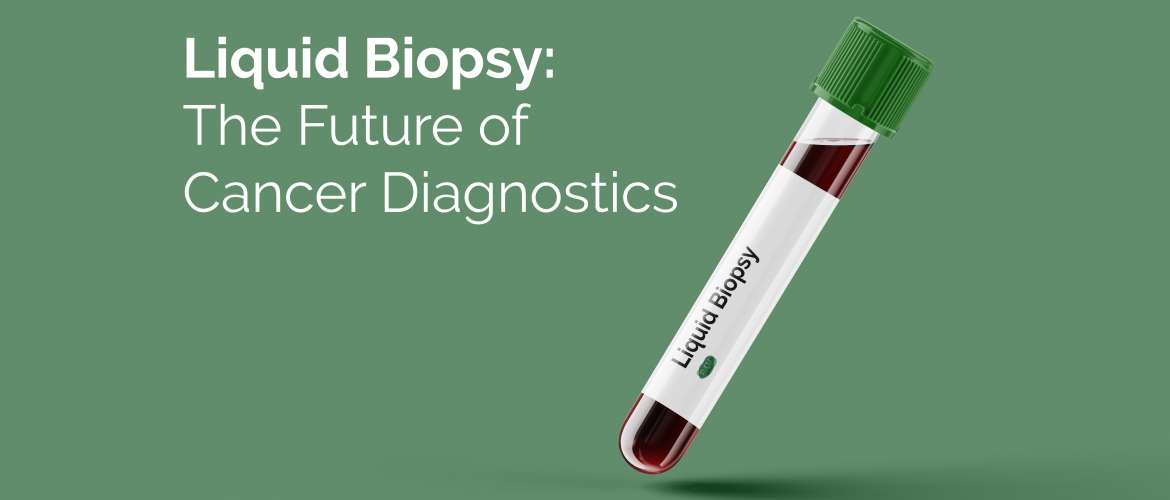Liquid Biopsy: The Future of Cancer Diagnostics

The gold standard in cancer detection has always been tissue biopsy. But the procedure is invasive, time-consuming, and often painful or stressful for patients. More significantly, its efficacy is often limited: cancer cells may not be present in biopsied areas, and early-stage cancers may be undetectable or easily missed.
Liquid biopsy is a non-invasive alternative. It is merely a simple blood draw which is then examined and tested for cellular changes. It is easy to perform in a primary care setting and much less stressful for patients.
Changes in cells can be detected far sooner than conventional imaging and biopsy tests, which means an earlier diagnosis for the patient. The quick test eliminates the need for long waiting times, so treatment can begin sooner, resulting in a much better prognosis for the patient.
Unlike tissue biopsies, where changes in tumours over time mean results may not reflect the current status of the disease, liquid biopsy provides real-time information on the disease stage. This helps to identify the type of treatment that is likely to be most effective for the patient and track treatment response and disease progression with greater accuracy. Liquid biopsy tests are already in use in the NHS but are limited to certain cancer types.
With PanTum Detect, we now have the world’s first blood test for the early detection of all cancers. It’s the new gold standard for cancer diagnosis.
“The analysis of tumours using biomarkers in blood is beginning to transform cancer diagnosis. The challenge now is to make liquid biopsy a standard clinical tool.”
– Catherine Alix-Panabières, cancer cell biologist at the University Medical Centre of Montpellier, France
Our whitepaper outlines the latest developments in liquid biopsy technology; specifically how liquid biopsy in the form of the ground-breaking PanTum Detect test – the first universal cancer diagnostic blood test – could solve some of the biggest problems in cancer care and transform cancer diagnostic services on a long-term, sustainable basis.
Resources:
Alix-Panabières C, The Future of Liquid Biopsy, Nature, 25 March 2020, https://www.nature.com/articles/d41586-020-00844-5